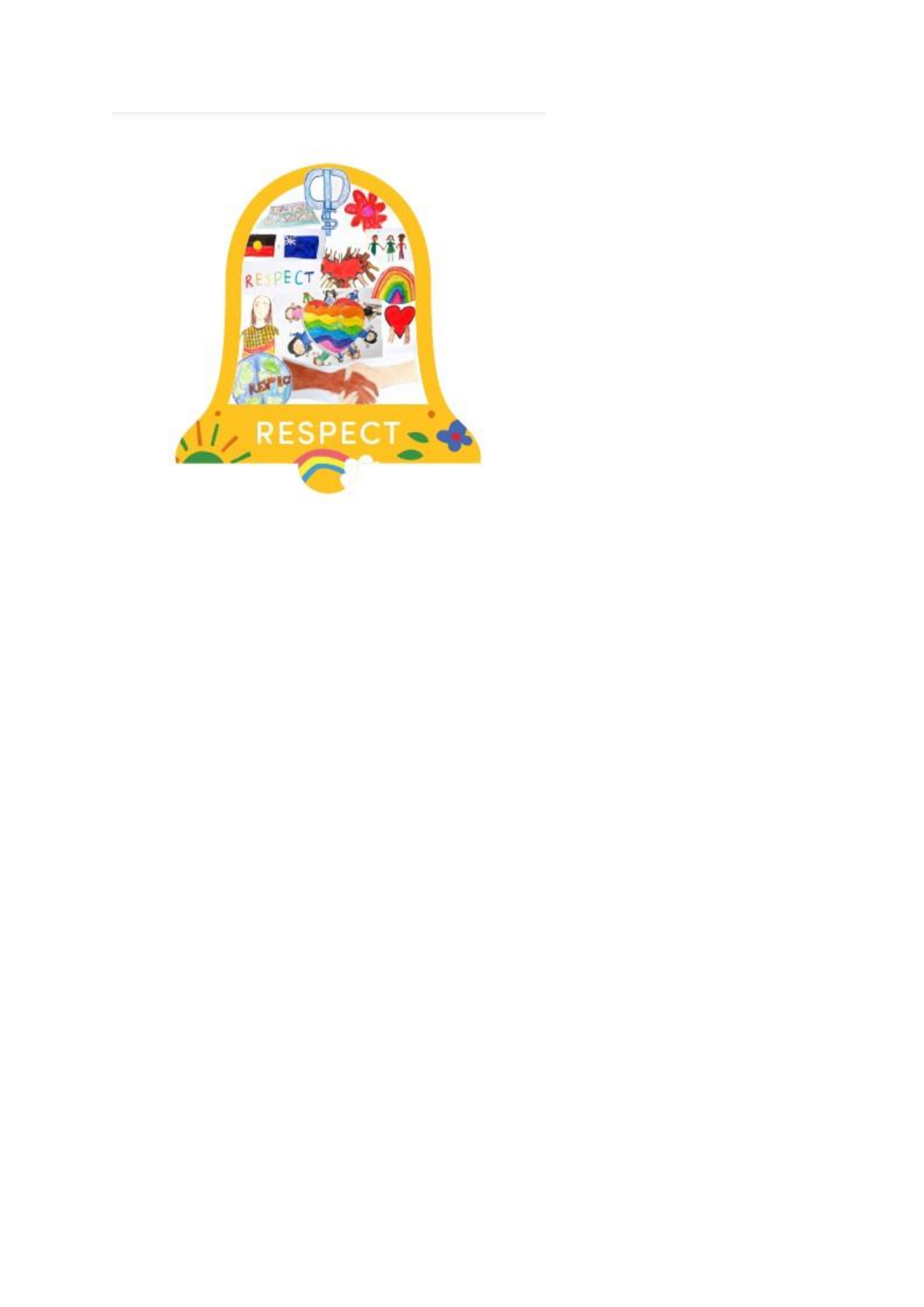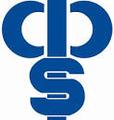RESPECTFUL RELATIONSHIPS

WELLBEING
‘Learning for Life’
Students are learning to cope with life’s challenges and to recognise their character strengths to help them on this journey. These traits, values and core behaviours are being embedded in their learning across all curriculum areas. We use these values to achieve academic success and to be positive role models and to be curious, lifelong learners.
At Chilwell Primary School students are involved in weekly Learning for Life sessions. Students are explicitly taught values and character strengths to promote positive attitudes and behaviours.
There are three key components that are explicitly taught during Learning for Life:
1. School Values
Students, staff and parents at Chilwell Primary School have worked together to develop our whole school Values of:
Kindness and positive emotions
Resilience using a growth mindset
Persistence, calling on self-belief, hope and courage
Respect for self, others and the environment.
2. Resilience, Rights and Respectful Relationships
The Chilwell School Community is strongly committed to Resilience, Rights and Respectful Relationships (RRRR) that teach our children how to build healthy relationships, resilience and confidence. We agree our whole community deserves to be respected, valued and treated equally. The RRRR learning materials cover eight topics of Social and Emotional Learning across all levels of primary and secondary education: Emotional Literacy; Personal Strengths; Positive Coping; Problem Solving; Stress Management; Help Seeking; Gender and Identity; and Positive Gender Relationships.
3. The Resilience Project
Through implementation of The Resilience Project (TRP), students are provided with practical, evidence-based mental health strategies which build resilience and happiness. Students view emotionally engaging stories which help to make the topic of mental health more accessible. The research is clear; the more positive emotion you experience, the more resilient you will be. The program focuses on three key pillars proven to cultivate positive emotion; Gratitude, Empathy and Mindfulness (GEM). TRP also has a strong focus on Connection, Purpose, Kindness, Emotional Literacy and Physical Health.
Gratitude
Working on gratitude helps us to be thankful and appreciate what we have in our lives, rather than focusing on what we don’t have or what we want. When we practise being grateful, we start to scan the world to look for positives – this only takes 21 days! Practising gratitude every day increases our levels of energy, helps us to feel happier and more focused, determined and optimistic. It even helps us have a better sleep, lowers levels of anxiety and depression and we are less likely to get sick. So many benefits – let’s all try to be grateful for the things and people in our lives every day!
Whole Family Activity:
Gratitude Scavenger Hunt
- As a family create a scavenger hunt list of things that make you happy or you are grateful for, you can make your own list or use the examples below:
- Something that makes you happy
- Something you love to smell
- Something you enjoy looking at
- Something that is your favourite colour
- Something you like in nature
- Something that is useful for you
- Each member of the family uses the list and has to find as many things as they can.
- You can hunt for things inside or outside, or both. You can hunt for real things, or you can also do this using magazines or pictures from the internet.
- After a set amount of time hunting, come back together, have a look at what each person collected and let them explain why they are grateful for each item.
Family Habit Builder: Every night at dinner, have each person talk about their favourite thing about that day.
